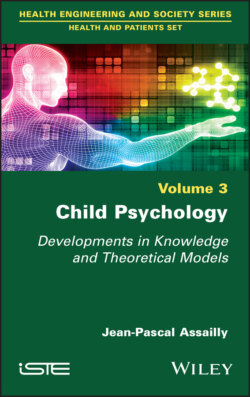Читать книгу Child Psychology - Jean-Pascal Assailly - Страница 54
1.12.2. Child care and language
ОглавлениеFew studies have described how different infant care experiences may be related to later cognitive, language and motor function, with most analyses focusing on samples from industrialized countries. A Chilean study (Narea 2020) analyzed cognitive, language, motor and vocabulary sub-scores from tests of 7,564 24- to 48-month-old children from the Chilean Early Childhood Longitudinal Survey, which were compared on the basis of retrospective reports of child care arrangements during infancy.
Children who, as infants, had received one of four types of non-maternal care – center-based, grandparents, other relatives and non-family – were compared with those who had received exclusively maternal care.
Compared with those cared for by their mothers, children cared for in centers or by grandparents had higher total cognitive and language sub-scores, while those cared for by grandparents also had higher motor sub-scores. In contrast, children in non-relative care had lower vocabulary scores.
So to conclude:
– group child care is positively associated with the child’s global and linguistic development;
– grandparent care is positively associated with the child’s global, linguistic and motor development;
– non-parental care is negatively associated with the vocabulary of children;
– household poverty attenuates the association between non-maternal modes and child development.
